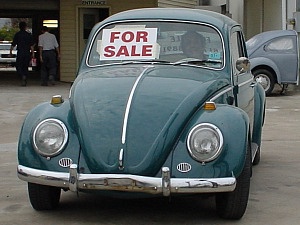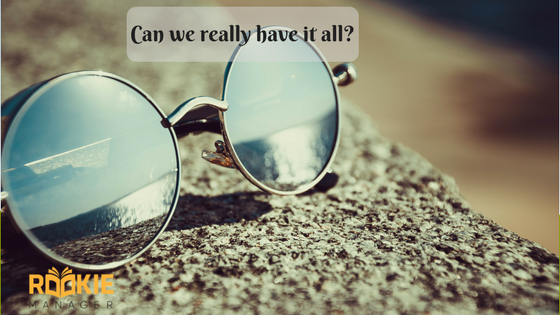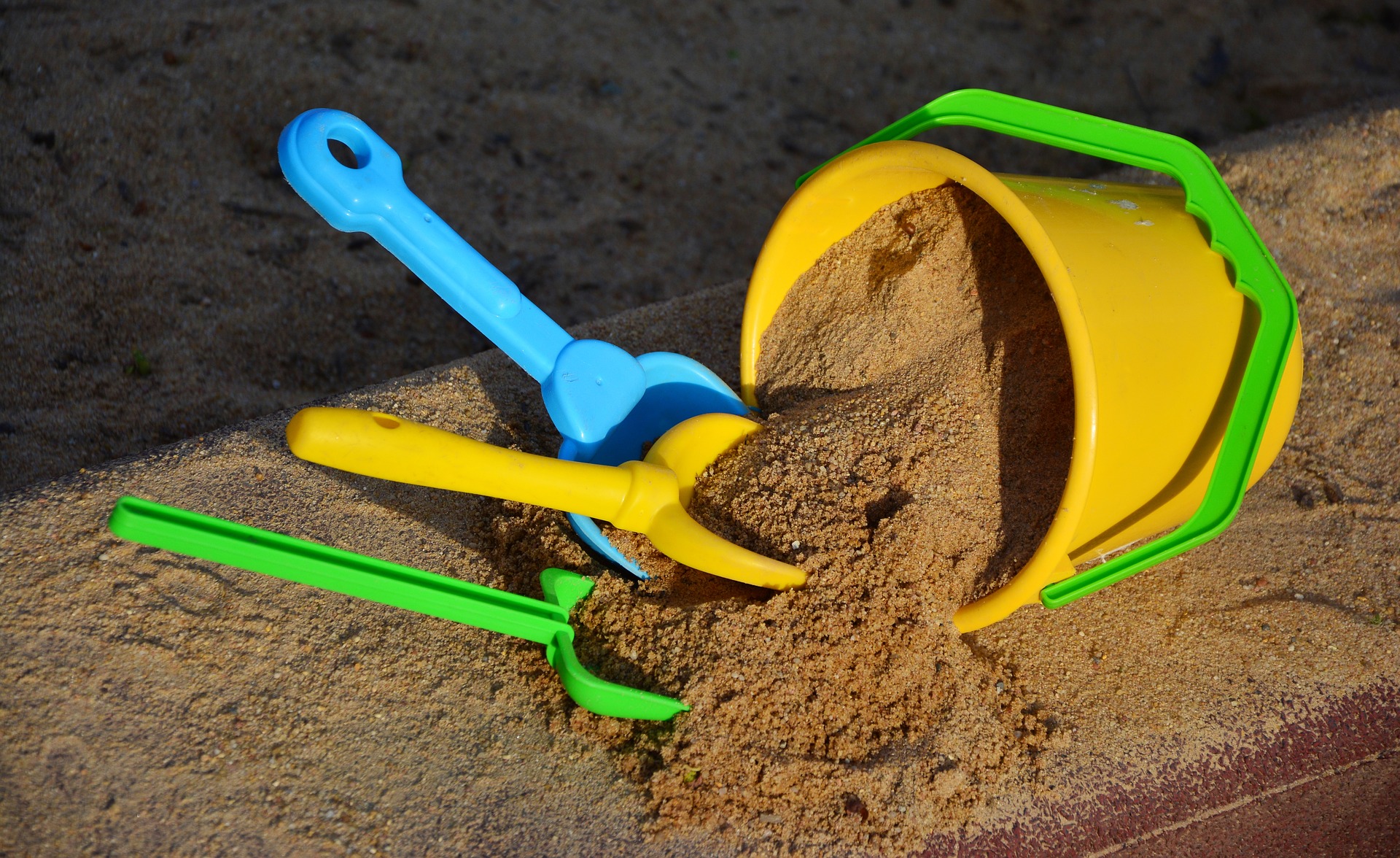A Rookie’s Guide To Buying A Used Car
Assuming you have decided to buy your first car, where would you shop for it? Would it be a used or new car?
In a dream world, we would be looking at new Mercedes Benz car deals , and evaluating which extras are worth it and which are not. However, since this blog is about frugality and saving money, we recommend used cars until one is financially independent.
In addition to price, there are several advantages of buying a used car over a new one, and today we look various used car purchase options a potential buyer has. In Kenya, there are various avenues for buying a used car:
- Importing directly from Japan, Singapore, the UK or Dubai, though Japan remains the most popular origin
- Shopping for a car from a used car yard. Most used car dealers will import in bulk to sell, or sell cars that have been used in the country
- Buy a certified used car from the new car dealers such as Toyota, D T Dobie etc
1. Importing directly is the cheapest of the three options above. Buying a vehicle directly saves you from a dealer’s profit margin and other supply chain inefficiencies that may affect a vehicles final price (sometimes, the dealer you are buying from isn’t the importer, which means additional commissions). Importing directly however could prove very expensive especially if you’re not good at online car shopping. You could buy a car that looks alright from the pictures, but has major mechanical faults, and often you realize this too late.
If you do decide to import directly, it doesn’t hurt to pay a small commission to a car importer, they’re often skilled at this, though they don’t give guarantees.
2. Shopping in a yard: Buying a car from a used car yard though slightly more expensive than direct import has a clear advantage over direct import: you get to see and test drive the car before committing to it. The extra expense in this case may be worth it. However, it is important to be careful about things such as mileage tampering. Be wary of vehicles with very low mileage for their age. For example, a 7 year old car with below 50,000km on the odometer, yet it shows signs of wear and tear.
Secondly, it is important to do all the necessary due diligence before writing the cheque. Conduct a search with KRA to make sure the vehicle’s registration is as indicated on the log book, and there are no pending tax issues on the car. Get a good mechanic to look the car over to make sure it doesn’t have major issues.
3. Dealer certified used cars: In terms of quality, this is the best option for a used car, though it is often more expensive than the other two. In the past, dealers only dealt with cars they had sold as new, and the owners traded them in after a few years of use. Of late however, we are seeing a trend where dealers are importing used cars, certifying them and selling them at very competitive prices. The advantage of buying a certified car is that the dealer also services the car should it develop problems. In some cases, they even offer financing in-house. Though I don’t advocate for car loans, this is much easier and sometimes cheaper than getting a bank loan.
Have you used any of the above three avenues in buying a vehicle? Which one and why? What would you advise a fellow reader to look out for when buying a car?





6 Comments